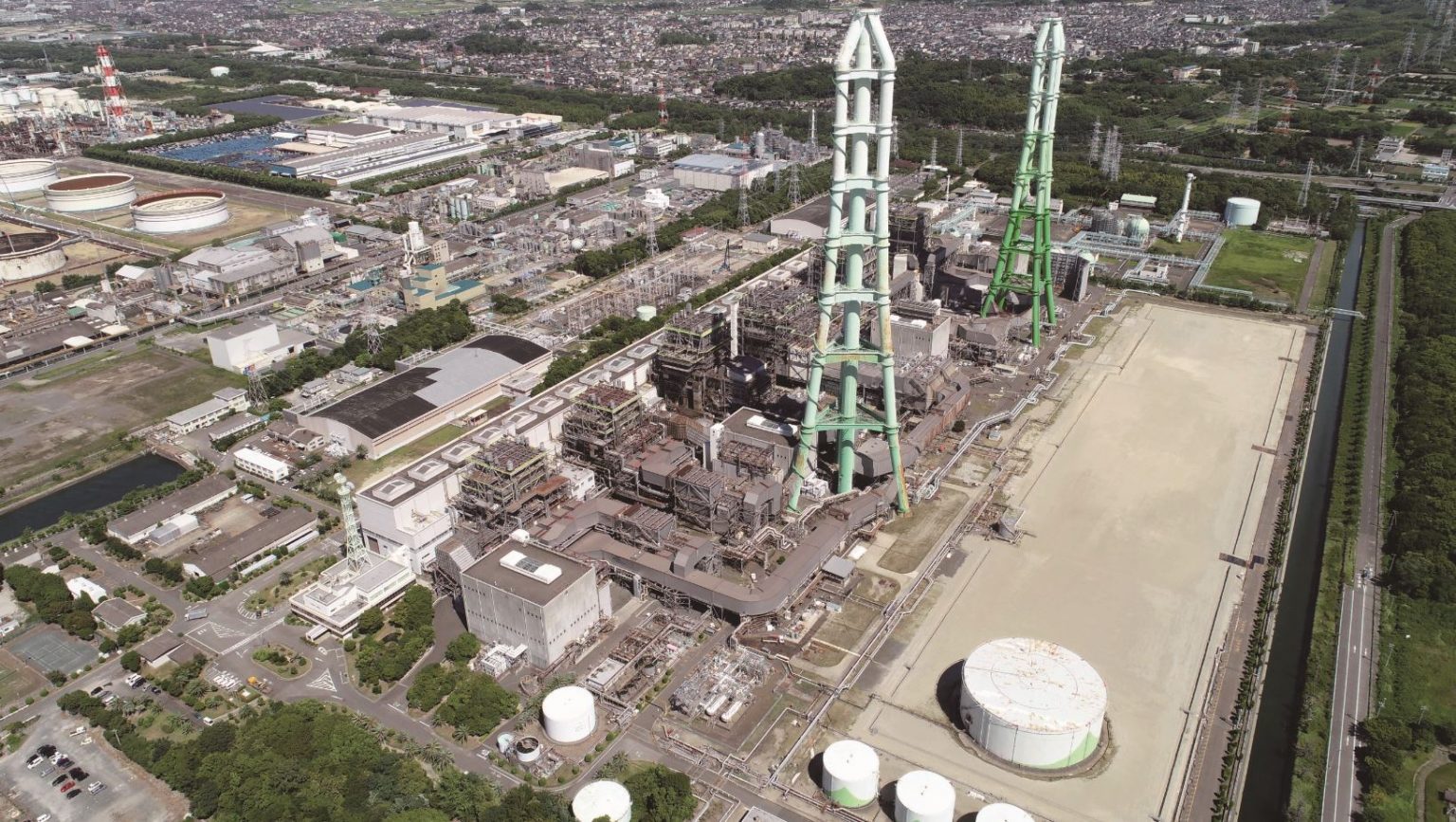Japan, the world’s largest LNG importer, is looking to substantially reduce the use of liquefied natural gas for power generation, according to the country’s latest energy policy.
The country is looking to increase the use of renewable energy to 36-38% of the power mix by 2030, according to a draft report released by Japan’s METI.
This compares to 18% achieved in the fiscal year to March 2020. Also, the previous target included 22-24% for renewables in the mix.
On the other side, the rise in renewables will significantly affect LNG and coal imports for power generation.
If the policy goes into effect, coal use for power generation would dip to 19% from about 32% but LNG use would drop substantially to 20% from around 37%. This marks a 7% decline from the previous target for LNG by 2030.
Fuels like hydrogen and ammonia would account for only 1% of the power generation mix by 2030, the draft report showed.
Japan is officially still the world’s largest LNG importer. The country received 74.46 million tonnes of the fuel in 2020, according to the country’s Ministry of Finance.
To remind, Japan’s LNG imports rose for the second consecutive month in June after logging a decline in March-April.
China will probably overtake Japan in 2021 as the world’s top LNG importer due to a huge demand from the power generation and industrial sectors.

